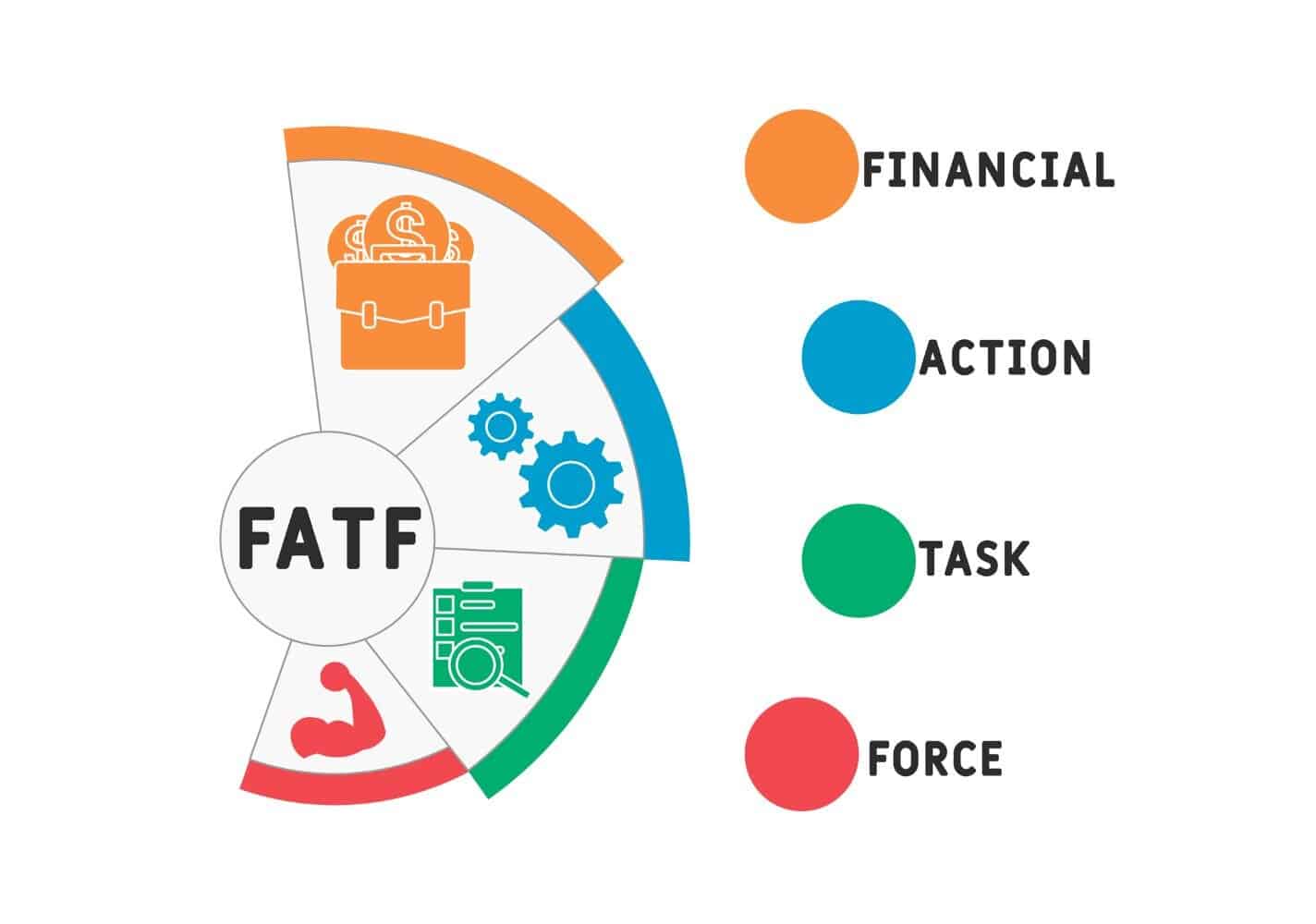
Government and the private sector are waiting with bated breath for the FATF plenary on Friday, where the organisation will decide if South Africa can be removed from the greylist.
The Financial Action Task Force (FATF) greylisted South Africa in February 2023, due to its failure to comply with FATF standards and measures to combat illicit financial flows, terrorist funding and potential threats to the integrity of the global financial system.
But why is it important for South Africa to be removed from the greylist? Greylisting subjects the financial services sector to increased scrutiny and stricter regulations to ensure that it addresses the deficiencies in its anti-money laundering and counterterrorism financing systems. It serves as an early indication that the country’s financial system is at risk of misuse for illegal purposes.
ALSO READ: Reserve Bank fines forex dealer R162 500 for Fica violations
Anticipated delisting from FATF greylist
Bianca Botes, director at Citadel Global, says South Africa’s anticipated delisting from the FATF greylist represents a key milestone in the country’s economic and financial trajectory. “Compliance with FATF rules around the prevention of financial crime strengthens financial stability and market confidence, which are important forward drivers for the country’s economic resilience.”
She points out that the FATF greylisting process ensures countries strengthen their anti-money laundering and counter-terrorist financing frameworks to protect the global community. South Africa was greylisted due to gaps in its regulation and policing of these serious cross-border financial crimes.
“Greylisting subjects countries to enhanced scrutiny, increasing transaction costs, lengthening payment processing times and raising compliance barriers for international banks dealing with South African entities.”
ALSO READ: Will SA finally be off the grey list after Financial Action Task Force visit?
All eyes on the plenary session
Botes says all eyes are on the FATF’s October Plenary Session on Friday, when the FATF is expected to announce whether South Africa will be taken off the greylist. She said regulators are optimistic that South Africa has reportedly made substantial progress, completing all 22 action items by June 2025.
“An on-site assessment by the FATF Africa Joint Group verified that critical reforms were implemented and that political commitment to sustaining progress remains strong. The findings from this inspection will be reviewed at tomorrow’s plenary, which will determine whether South Africa meets the criteria for delisting.”
ALSO READ: South Africa making more progress to get off FATF grey list
Stringent FATF delisting requirements
However, Botes cautions that FATF delisting requires meeting stringent criteria, including demonstrating sustained effectiveness over time, not just technical compliance.
“The October Plenary will assess whether reforms are embedded in practice.
“While the fundamentals are positive, FATF decisions involve complex political and technical considerations and the organisation typically exercises caution before removing countries from enhanced monitoring.”
ALSO READ: FIC lays bare money launderers, fraudsters’ flow of cash into SA
But why is delisting from the FATF greylist so important? “Delisting represents far more than regulatory compliance. It is a credibility signal to global markets.”
FATF delisting benefits for the financial ecosystem
Botes says several immediate improvements would follow a delisting. This would include these eight important benefits for the financial ecosystem:
- Reduced transaction costs and faster payments are expected as international wire transfer fees could decrease and processing times for routine international transactions shorten.
- Lower international trade finance and credit costs will result as letters of credit and trade finance pricing normalise, removing the “greylisting premium” and making trade-related borrowing more affordable.
- Enhanced access for small and medium enterprises to global finance, with less stringent due diligence requirements and improved availability of finance, which had become prohibitively expensive or largely unavailable during greylisting.
- Restored financial connectivity and correspondent relationships will see international banks re-establish connections previously restricted during greylisting, reopening vital payment corridors and enabling South African banks to diversify partnerships with major US and European institutions.
- Enhanced capital inflows and foreign investment are expected as lower compliance costs make South Africa more attractive for multinationals establishing regional headquarters or expanding operations, driving increased foreign direct investment.
- Renewed portfolio and bond market confidence will follow as governance-related restrictions applied to greylisted countries are removed, potentially triggering passive fund inflows and improving pricing and access for both sovereign and corporate international bond issuance.
- Revitalised private equity and pension fund investment will allow private equity firms to face fewer barriers when allocating capital to South Africa, while large global institutional investors can remove the country from restricted investment lists, expanding access to long-term funding.
- Strengthened regional financial hub positioning will reinforce South Africa’s competitiveness as a financial centre, improving its standing relative to Mauritius, Kenya and the United Arab Emirates.
ALSO READ: Here’s how ANC government dropped the ball with greylisting
Benefits for South Africa to be removed from the greylist
Botes says if South Africa succeeds to be removed from the greylist, it will restore faith in the current government’s ability to coordinate complex multi-agency reforms, deliver on international commitments and prove that its institutional capabilities can inspire confidence beyond financial regulation.
“It ultimately shows a political commitment to maintaining international standards despite domestic pressures and this will be very good for our standing in the global financial markets.
“Achieving delisting will signal that South Africa is committed to maintaining robust financial standards and is a credible and attractive destination for both domestic and international investment.
“What will be important in the future is to keep demonstrating that South Africa is serious about the independence of its institutions, the prevention of state capture and the prosecution of financial crimes, including corruption and the continued modernisation of its financial systems and regulatory compliance capabilities.”
ALSO READ: Red flags around possible FATF greylisting
What does it mean for the rand?
Botes, who is a currency expert, says while we might see an initial sharp move in the rand upon announcement, the direct currency impact will likely be modest.
“Currency markets price in multiple factors, including interest rate differentials, terms of trade, political stability and global risk sentiment. However, delisting could have indirect positive effects on portfolio flow normalisation, thanks to reduced compliance friction and risk premium compression, due to lower perceived institutional risk and general investment confidence signals.”
Botes points out that the foreign exchange environment will benefit more from the structural improvements underlying delisting, including stronger financial oversight, enhanced regulatory capacity and improved governance, than from the delisting announcement itself.



